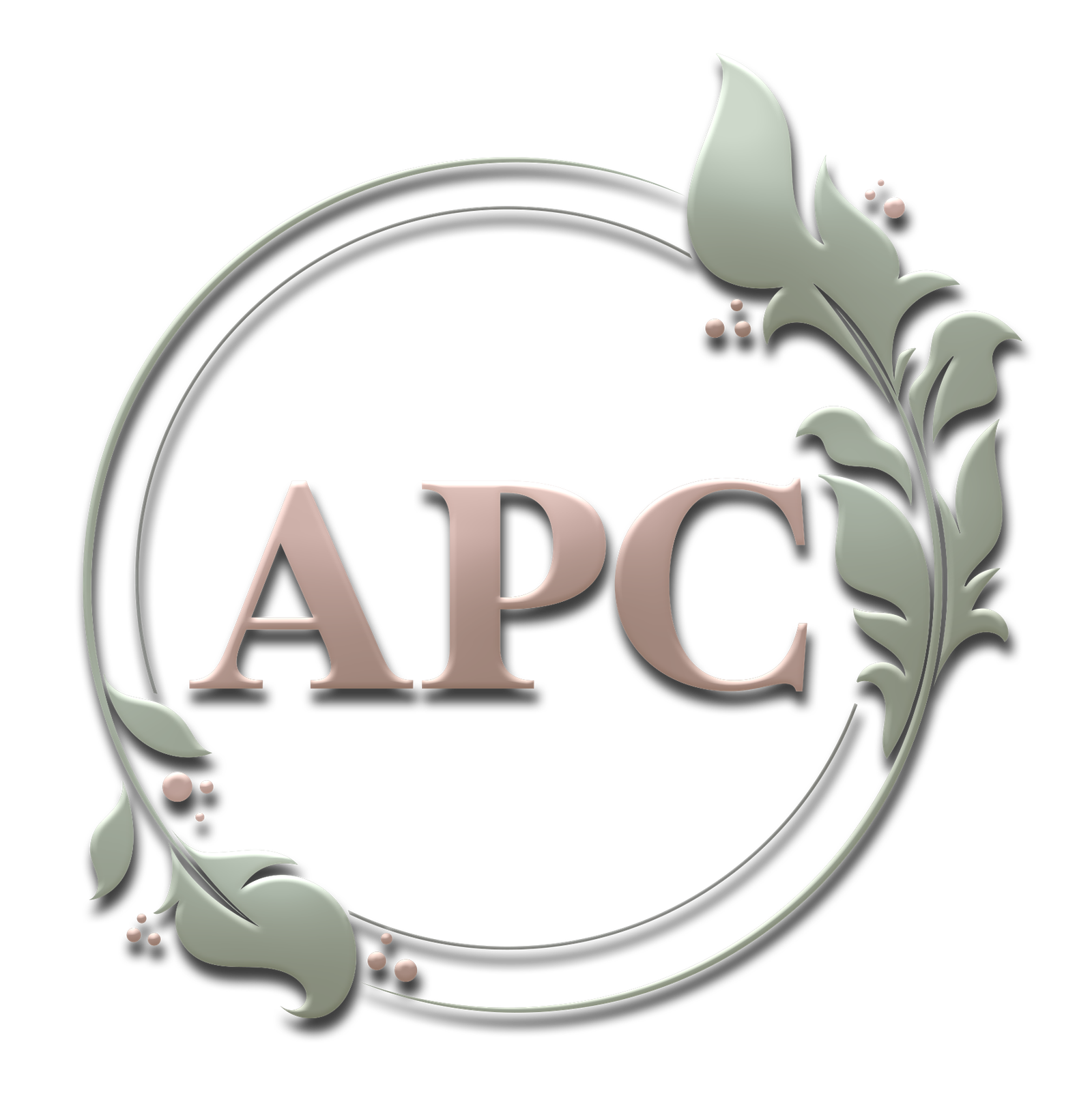Part of the Voice I Almost Lost – Blog #3
by Alana Pierre Curry
Over the past couple of posts, I’ve begun the process of reclaiming my voice—looking back at the moments where it was softened, overlooked, or nearly lost. What I am starting to realize is that the journey to finding your voice often means going back. Back to the places and the people that shaped how you saw yourself.
So, in the posts that follow, I’ll be revisiting some of those moments. Some from childhood. Some from my early adult life. They won’t all be linear, and they won’t all be easy—but they will be honest. And along the way, I’ll still pause to reflect on the present, because healing isn’t just about the past—it’s about how we show up now.
If you’ve ever questioned your worth, quieted your instincts, or traded your truth for peace, I hope these words feel like company. Let’s keep going!
I spent the first years of my life in Louisiana with my grandparents. I was told they wanted to adopt me, but that did not happen. What I remember—what I still hold close—is that living with them felt safe. Like a blanket I didn’t know I would miss, until it was gone. Though I visited them each summer until right before high school, those early years with them were something different. Calmer. Quieter.
Around age three, I moved to Houston to live with my mother, who was in a relationship that would remain a part of our lives for more than two decades. More to come on that as we journey together.
Because of when my birthday fell, I was placed in private school to avoid being held back a year. And during that time, I was bold. Fearless. Confident even.
I still remember standing on stage at my kindergarten graduation, singing a solo in front of a packed auditorium: “Angels Watching Over Me, Dear Lord.”𝆕𝆕𝆕 I wasn’t nervous. I wasn’t shy. My voice filled the room, and I didn’t think twice about it.
But things began to shift by second grade.
That year, I transitioned to public school—and with it, a public school bus. The rides to and from school became my first real experience with cruelty. A boy from my apartment complex bullied me relentlessly. He called me names—ugly, racist slurs that I didn’t fully understand at the time but knew were meant to harm.
One day, he punched me in the stomach so hard that I doubled over in pain. I told my mother when she got home from work. She went to talk with his parents, but his father answered the door, indifferent. Dismissive. Unbothered by what his son had done.
That moment marked the beginning of a lesson I wish I never had to learn: not all adults protect children. Some enable harm. Some ignore it entirely.
At home, things weren’t much better.
My “stepfather”—a title I only use for clarity—was manipulative, dishonest, and unfaithful. He lived with us, but shared himself with others. At that time, his family did not embrace us, often mispronouncing both my name and my mother’s, even after repeated interactions. My mother rarely corrected them. I think part of her understood their refusal to see us clearly had little to do with pronunciation.
So I started to shrink. To accept being misnamed. To stay quiet when something felt off.
Our apartment often played host to loud, alcohol-fueled gatherings with people from the complex. I witnessed things no child should. Learned things no child should know. By the age of seven, I could mix Jack and Coke with ease. That’s not a skill a child should have.
And just as my body began to develop, the comments started. Unsettling remarks from someone who should have been a protector. They, the comments, made me feel unsafe in my own skin. And though I could not explain it fully then, I began to want to disappear.
That summer, I returned to my grandparents’ home. But instead of heading back to Houston for third grade, I stayed in Louisiana. The circumstances around that change are something I am not ready to unpack just yet—but what I can say is this: while some might’ve seen that transition as disruptive, for me…it felt like relief.

Each of us have individual foot prints that we will leave on this earth through our journey.
They are unique!
We will embrace them!